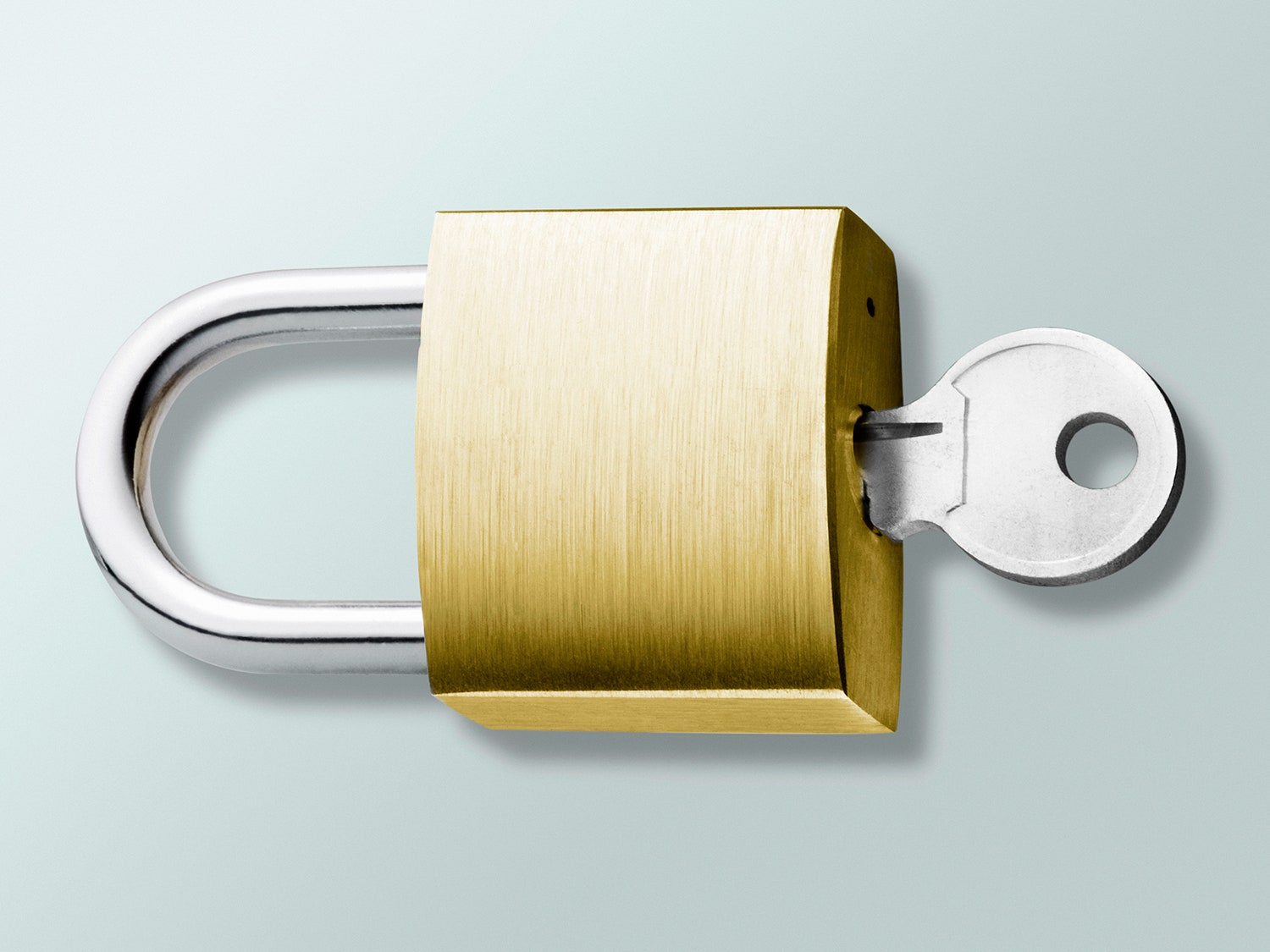
Insurance can be quite costly, there’s no doubt about that. You’ll undoubtedly want to save some money if the opportunity presents itself. Fortunately, there are certain circumstances where you can really save a noticeable amount.
Today we’ll be going through a few tips and tricks to save money on insurance. We’ll try to cover most types of insurance that you can buy, but we can’t guarantee that we can cover absolutely everything. Furthermore, we can’t legally guarantee that these tricks will work all the time for all companies, as they tend to change the bureaucratic stuff quite often to avoid stuff like this.
Whatever may be, we hope at least one of these points proves useful for your needs. Good luck!
Table of Contents
1. Lock in Temporary Coverage

img source: investopedia.com
If you plan on paying by check, you can attach one with your first premium payment to your application to ensure that you can lock in extra coverage until your first contract is processed.
What does this mean? Usually, when making your first payment, you’re not ensured until it is processed. However, with a check, you get that extra insurance coverage until the payment is processed. Just to be sure, ask your life insurance agent if this option is possible at the time of your application.
2. Pay Annually
This is one old trick that works not just for insurance, but for many other types of purchases as well. Sure, you’re paying more upfront, but you’ll be saving significantly more money down the line. It’s as simple as that.
3. Only Pay for What You Need

img source: creativededuction.com
Sometimes you might be tempted to get premium insurance. Don’t do it if you don’t need it. For example, if you have an older vehicle, you won’t be needing insurance for the smart dashboard… because you probably don’t have one. Stick with what you know you’ll be needing and you’ll be fine.
4. Be Careful How You Describe Your Job
In some instances, such as getting car insurance, describing your job can make a world of difference when it comes to the price. If you don’t commute at all, then surely your insurance will be significantly cheaper. Similarly, if you describe yourself as a cook instead of a chef, you might also have to pay just a little less.
5. Fill in the Gaps

img source: bkpr.com
An average policy only covers a few things, and at times it might be too limited. For example, if you’re a vendor at a festival, you might want to get a basic insurance offer with some added things. Otherwise, you should search for one that’s meant for your specific needs (you can see more info here about that).
6. Downsize Your Car
If you know you can’t afford to pay too much for your car insurance, then you should consider selling your current vehicle and buying a smaller one. Insurance for SUVs is usually significantly costlier than insurance for a regular smart car.
Furthermore, this will also cut down on your fuel costs. Some insurers will also offer discounts if you consider buying hybrid or electric vehicles. It depends on your initial budget if you really want to save on car insurance.
7. Consider Anti-Theft Devices

img source: wired.com
Some insurance providers offer special discounts if you have anti-theft devices installed. The simple reasoning is that you’re less likely to be robbed in such cases, thus they can afford to charge you less than they would charge someone without these measures in place.
8. Switch to Pay-as-You-Go Insurance
We’re going to talk a little more about car insurance. While paying more upfront is cheaper, a pay-as-you-go installment is also a good option if you’re a student or if your job isn’t necessarily the best paying.
However, you should know that when signing up for such programs, you’ll have to let the insurer track your driving through a telemetric device installed in your car. However, you might be entitled to further discounts depending on how much you drive, how you drive, and at what times of the day you drive.
9. Do Extra Research

img source: methodspace.com
It is a good idea to do your own research when it comes to insurance offers. Everyone has different needs, so it’s best to see what’s the best offer in your area or online before making the big step.
Furthermore, an agent might be able to help you much better than what you see on the first page of Google. The worst-case scenario is that the agent will ask you for a fee or a percentage of the insurance, but if they get you the best possible offer then it’s more than worth it.
10. Know When to Renew Your Insurance for the Best Price
Every insurance provider has slightly different “kinks.” You need to read the contract carefully to find out what are the stipulations when it comes to early payment or late payments and so forth.
Usually, you’ll find a loophole that allows you to ask for a deduction on your contract so you can pay a little less than initially intended. A lot of research shows that it’s better to buy your renewal earlier instead of waiting for the day of actual payment. This way, you’ll lock in that discounted price and you’ll be able to save tens of dollars (or even hundreds in some cases).
Do be aware that for most people the best time to buy insurance renewal is from 29 to 26 days before the renewal date. Just to be safe, ask your agent and see what’s the best you might get for your particular insurance provider.
Final Thoughts
These seven simple tips and tricks will most likely save you a lot of money in the long run. If you’re new to purchasing insurance, we really hope that you’ve found this info useful.
At the very least, you should now have a much better idea of what insurances are all about and how they function at a base level. In any case, feel free to leave us a comment with your thoughts or any other questions you might have.







